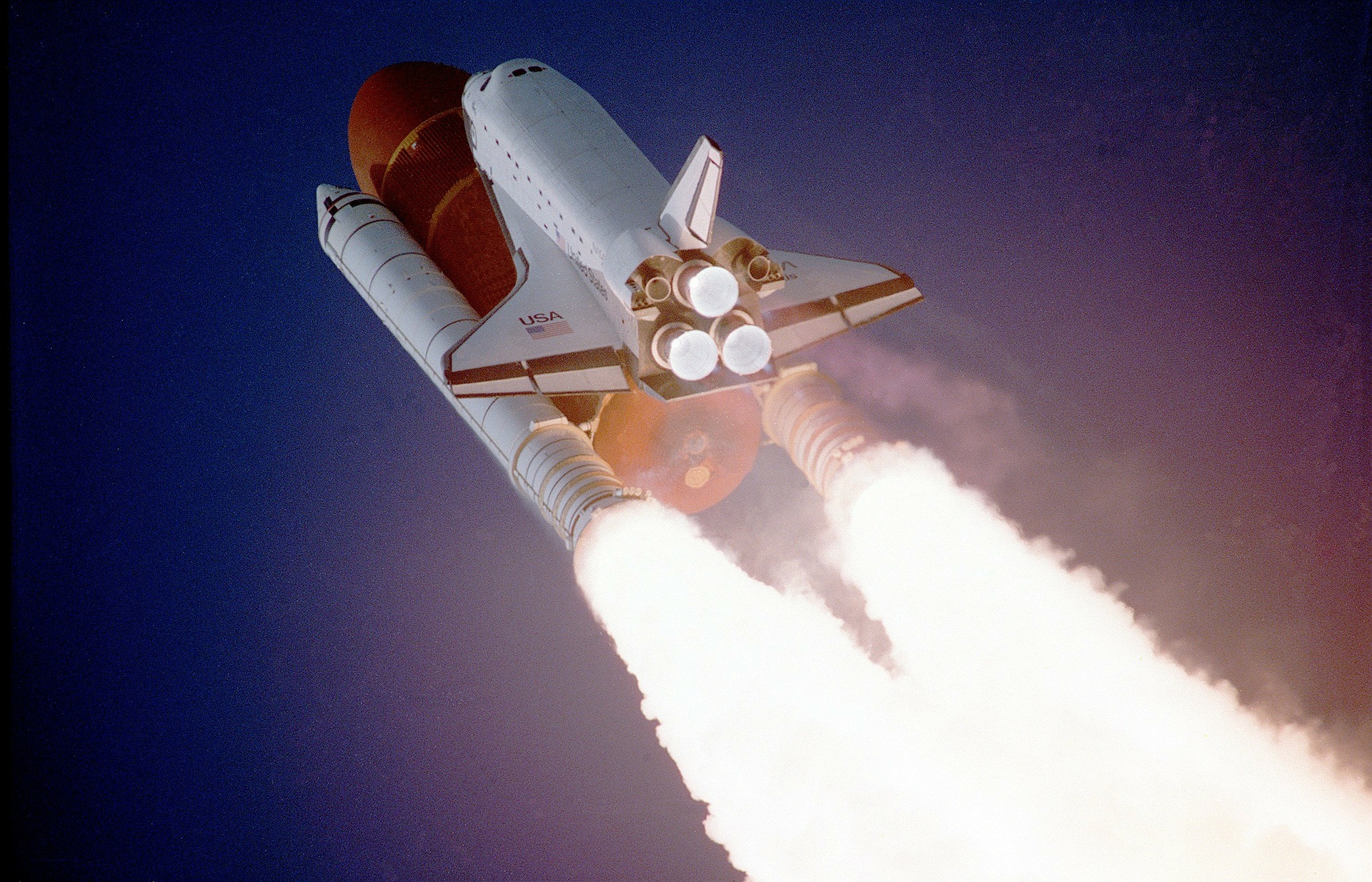Today’s news is a competition between Jeff Bezos and Richard Branson, two billionaires behind the space tourism companies.
Blue Origin, Jeff Bezos, planned to launch his first flight on July 20. In response, Richard Galanson’s Virgin Galactic scheduled its own flight for the 11th. Running forward for a few days.
Both flights were surrounded by widespread media attention. And it is true that these flights were no more and no less a huge marketing maneuver. The goal is to draw attention to companies.
Space tourism promises to “democratize space.” But a phrase repeated as a mantra is often meaningless. Not because space tourism is still available only to a certain minority, but also because of the environmental impact that can be obtained by generalizing these activities.
The general population is accustomed to the idea of using fewer planes and more trains; and eat less meat. These are just some of the changes we will have to face if we want a fair environmental transition. While space tourism is becoming an inaccessible occupation that greatly pollutes the environment.
Achieving space, first of all, requires a huge amount of energy. The fact is that we lack energy. Fossil fuels are at the heart of climate change. The so-called renewable energy sources and nuclear energy are also not without problems and limitations.
Thus, when reaching space, a huge amount of carbon dioxide is released. So to speak, a large carbon footprint.
Impact on the environment
Although the impact of space launches on the environment has not been sufficiently studied, it is known that it is more than just carbon emissions. Gas emissions into the upper atmosphere during space travel have a negative effect on the ozone layer. Gas, which is often released during flights and seems harmless, as water vapor contributes to the greenhouse effect.
Many types of fuel are used, some of which are toxic and emitted during flights or during its production. The good news is that most new launch systems use liquid fuel, which in this sense is less problematic than solid fuel.
The rockets themselves often have different orbits around our planet. We must explain that instead of Virgin Atlantic and Blue Origin are “suborbital” flights. That is, they do not go into orbit, but reach a height of 80 and 100 km, respectively, for a short time feel weightless and fall to Earth.
Suborbital flight requires much less energy than going into orbit. For this reason, its cost is much more affordable, and the carbon footprint is less.
Currently, about 100 missiles are launched annually. Their total carbon footprint remains less than the 100,000 planes that fly around the world every day. But space tourism is experiencing very strong growth. Thus, its impact on the environment can become very important.
Luxury tourism and carbon dioxide emissions
Thus, international awareness and regulation of environmental impact is one of the aspects in which space management needs to be improved. Although the launch of a single satellite into Earth orbit does have a greater impact than a suborbital tourist flight, satellites can benefit many people. And tourist flying is a luxury for a limited number of people.
To put it in numbers. It is estimated that each flight to Virgin Galactic and Blue Origin emits about 60 and 90 tons of carbon dioxide, respectively. That is about 8 and 15 tons per passenger.
For comparison, on average, each person in the world annually emits about 4.8 tons of carbon dioxide. This figure varies greatly between rich and poor countries. In the US, this figure is 15 tons. In Spain – 5.4 tons. Although these data may vary significantly from source to source. China is a major polluter, but with emissions per capita at 7.4 tonnes.
Doubtful trace
Thus, the carbon footprint of these suborbital flights is not very high compared to other activities. Because it is only available to a minority, each passenger emits the same amount of carbon dioxide in just a few minutes as an average of 2 or 3 people throughout the year.
Remember that in addition to this carbon footprint, other environmental impacts of space tourism, such as ozone erosion, must be added.
All this is brought together to remind us of the need to reorient our way of thinking and acting in the world in order to move towards a single world that would be more just and sustainable. Proper space management can bring positive changes to all of us. But we must not allow ourselves to indulge in optimism based solely on the development of technology.

